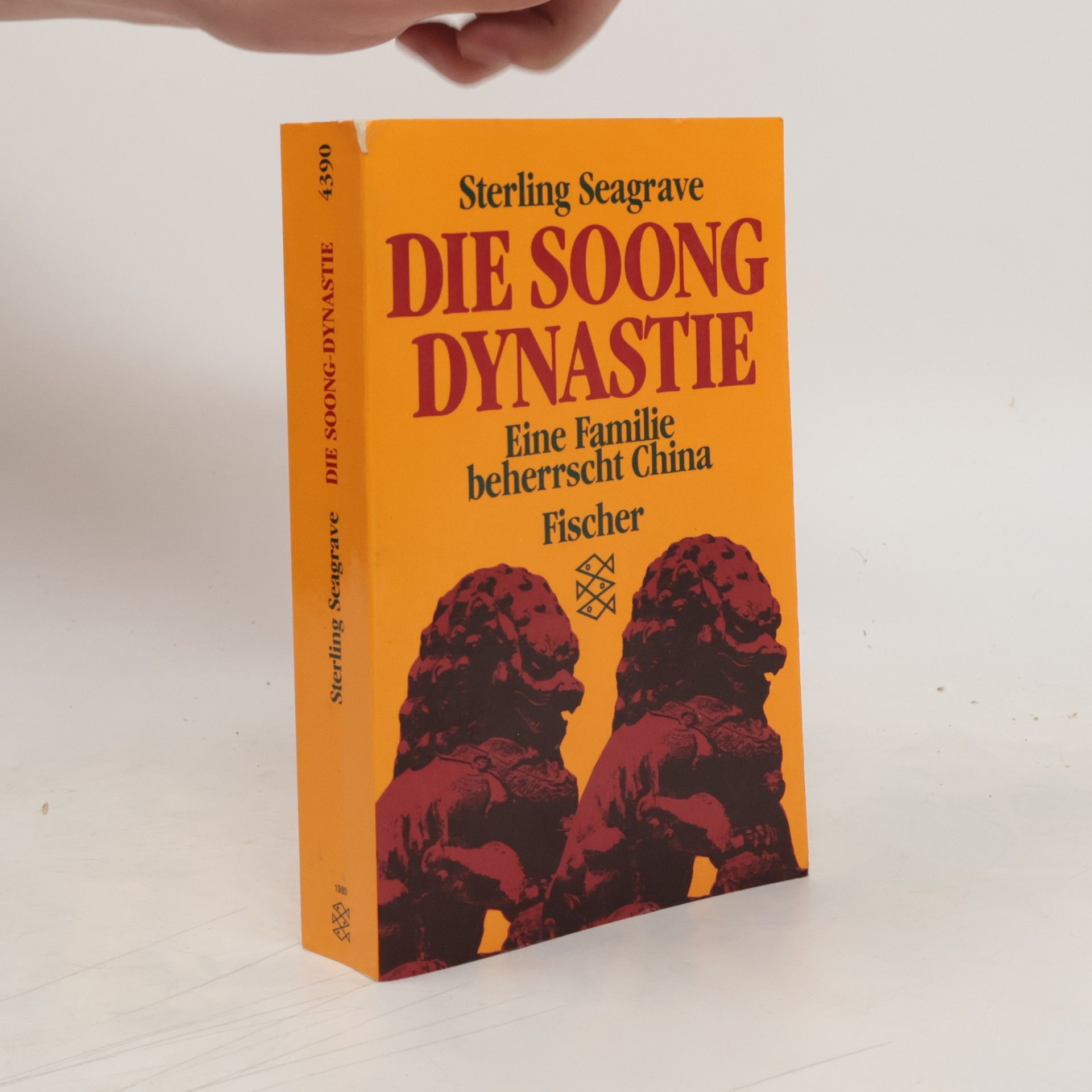Sterling Seagrave Knihy
Seagrave byl americký autor, investigativní novinář a historik, který se zvláště zaměřoval na témata Dálného východu. Jeho práce odhalují skryté politické a ekonomické síly formující region. Seagrave zkoumá komplexní vztahy mezi Východem a Západem s pronikavým pohledem na historické události a jejich dlouhodobé dopady. Čtenáři se dočkají poutavého vyprávění, které osvětluje minulost i současnost.
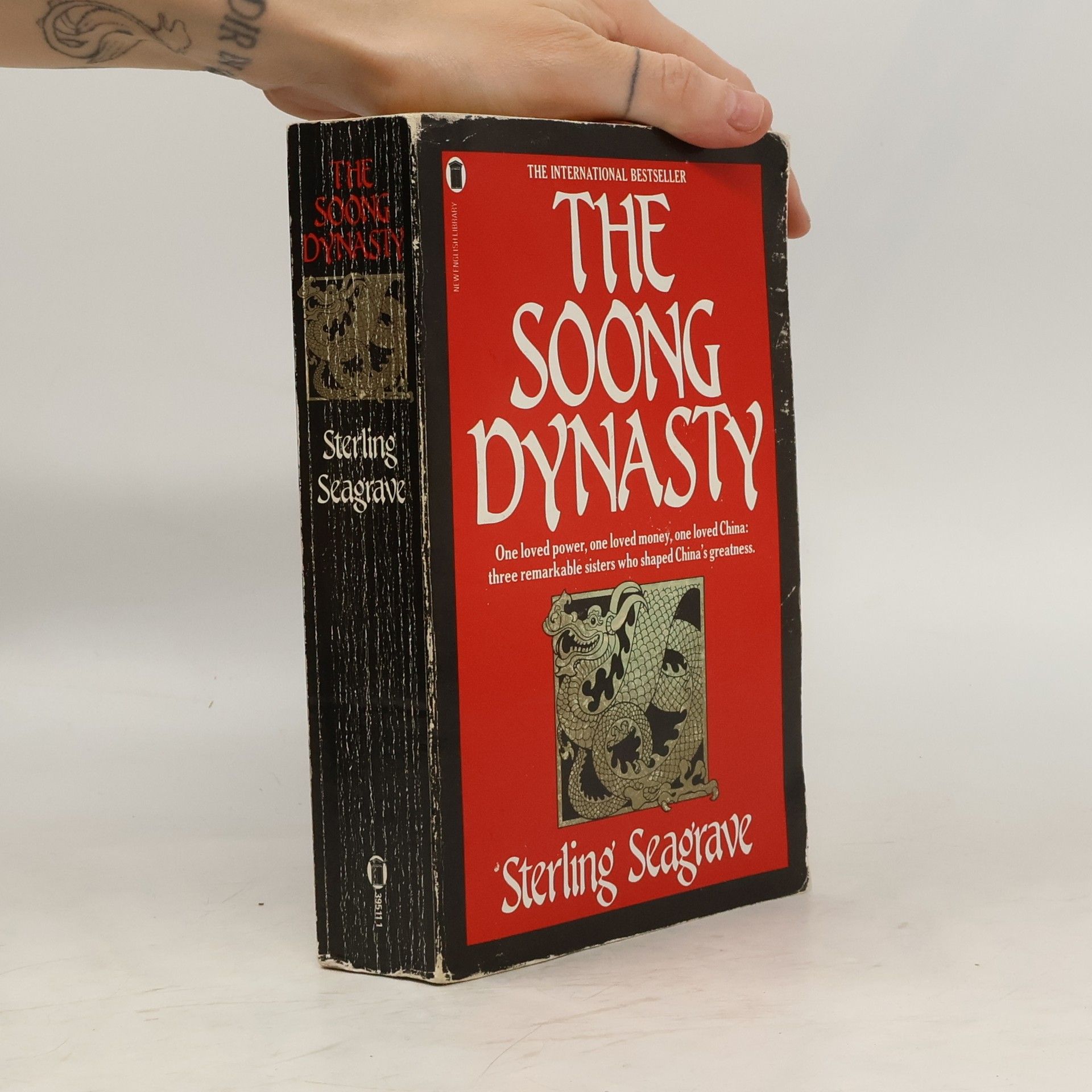
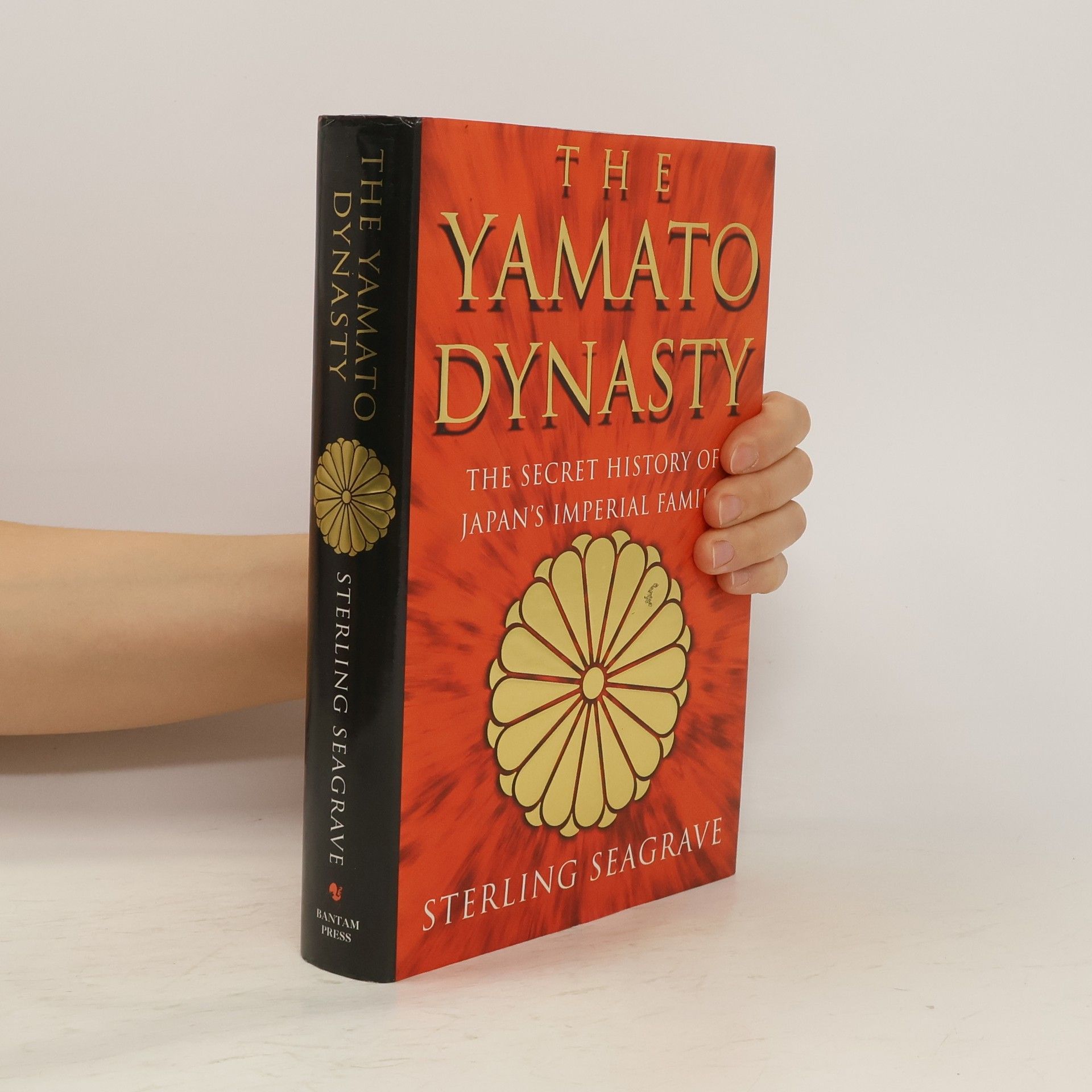

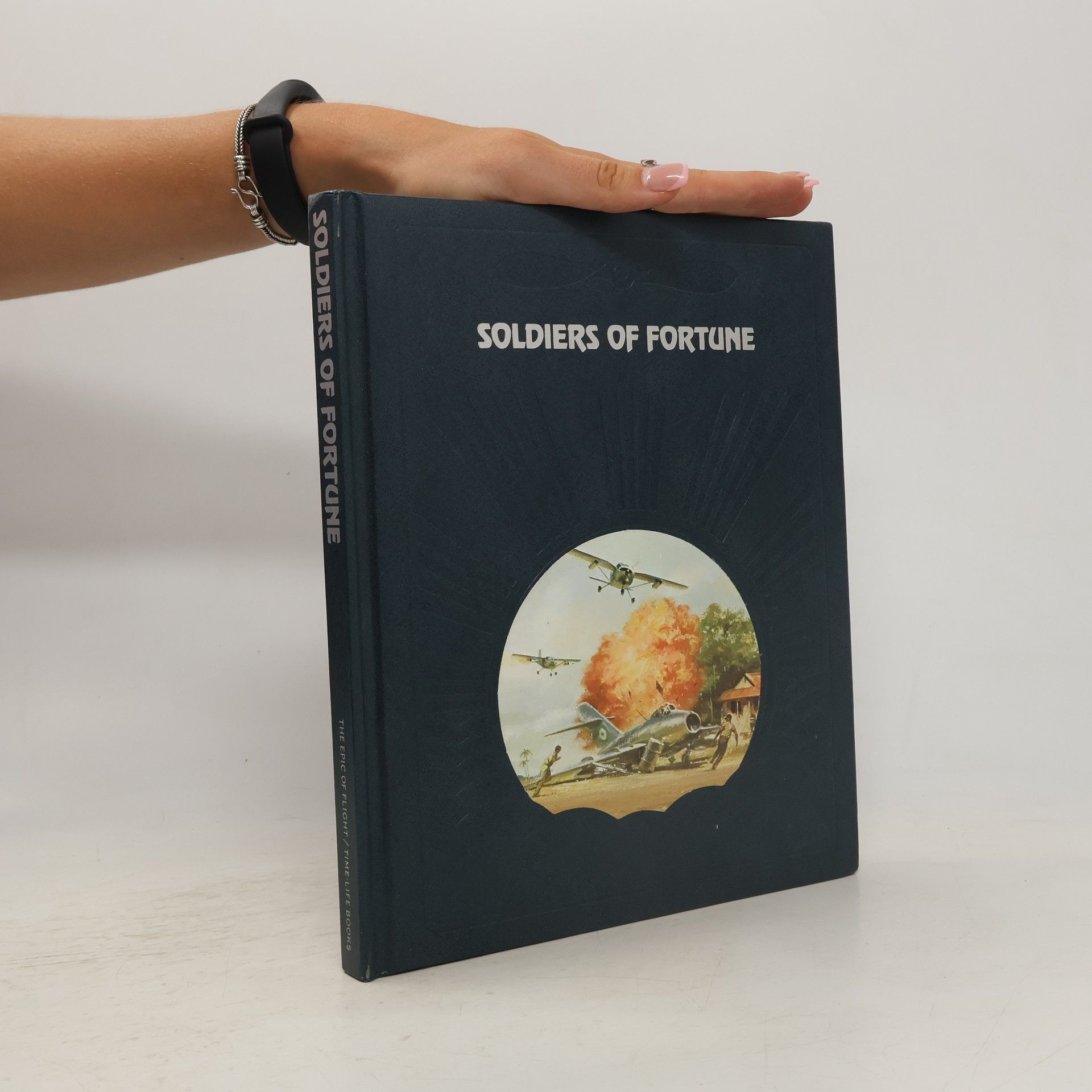
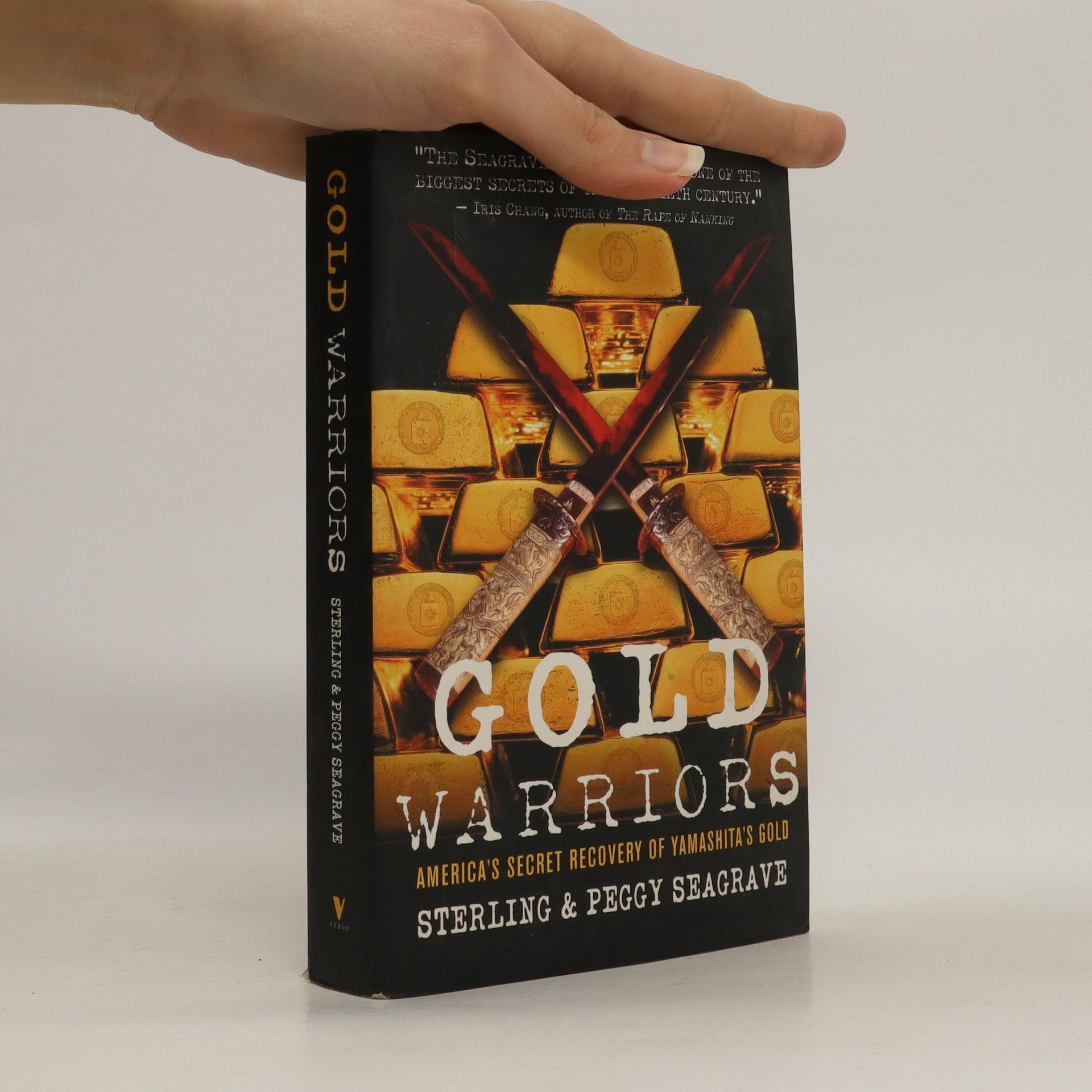
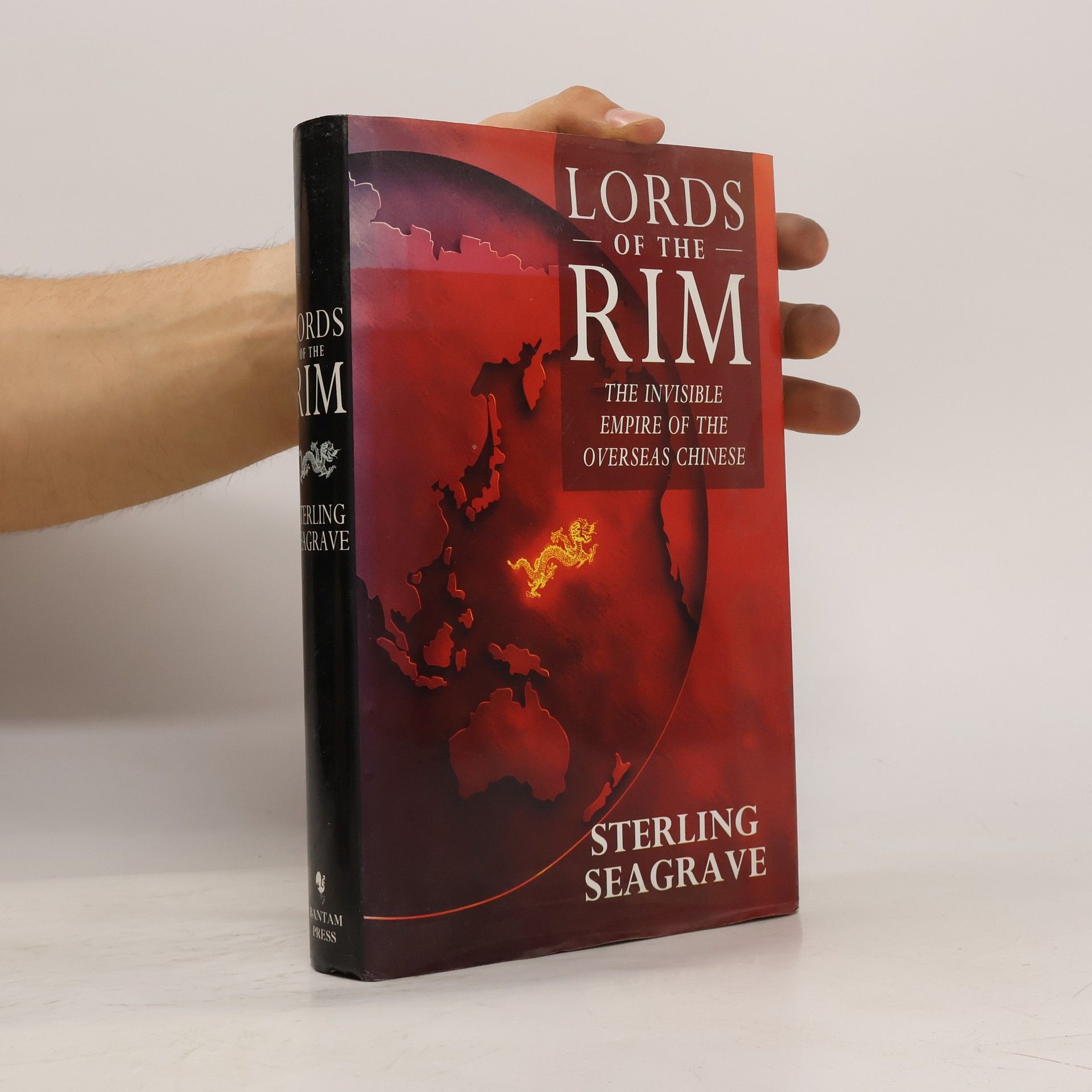
Gold Warriors
- 352 stránek
- 13 hodin čtení
In 1945, US intelligence officers in Manila discovered that the Japanese had hidden large quantities of gold bullion and other looted treasure in the Philippines. President Truman decided to recover the gold but to keep its riches secret. These, combined with Japanese treasure recovered during the US occupation, and with recovered Nazi loot, would create a worldwide American political action fund to fight communism. This ‘Black Gold’ gave Washington virtually limitless, unaccountable funds, providing an asset base to reinforce the treasuries of America’s allies, to bribe political and military leaders, and to manipulate elections in foreign countries for more than fifty years.
Soldiers of Fortune
- 184 stránek
- 7 hodin čtení
The story of pilots who have earned their living flying in other people's wars.
Dragon Lady
The Life and Legend of the Last Empress of China
Reappraises the Dowager Empress Tzu Hsi and portrays a strong, complex woman struggling to keep her country from unraveling
Most Westerners know little about Japan's current imperial family, and the same is true for many Japanese. Japan's modern history has been largely omitted from postwar textbooks, leaving a generation unaware of significant events like the Rape of Nanking, Pearl Harbor, and the atrocities of World War II. The prevailing narrative focuses on Hiroshima and Nagasaki as symbols of Japan's innocence. Sterling and Peggy Seagrave challenge these misconceptions, revealing the corruption at the core of Japan's postwar economic success. They argue that the royal family, often seen as a relic of the past, played a crucial role in wartime atrocities. Prince Chichibu orchestrated Golden Lily, the systematic looting of occupied territories, while Prince Yasuhiko was involved in the Rape of Nanking. Emperor Hirohito was deeply engaged during the war, capable of preventing Pearl Harbor. The imperial family profited alongside the zaibatsu, the corporate elite, while the nation suffered. This lack of historical acknowledgment stems not only from Japanese revisionism but also from the West's failure to prosecute some members of the imperial family as war criminals despite having the evidence. The Seagraves' work offers a challenging perspective that forces readers to confront uncomfortable truths.
Descendants of a Chinese runaway who grew up in America under the protection of the Methodist church and who returned to his homeland to make a fortune selling Western bibles, the Soong family became the principal rulers of China during the first half of the 20th century and won the support of the American government and press for many decades. Sterling Seagrave describes for the first time the intricate and fascinating rise to power of Charlie Soong and his children: daughters Ai-ling, who married one of China's richest men, H.H. Kung; Ching-ling, who married Sun Yat-sen, leader of China's republican revolution; May-ling, who married Chiang Kai-shek, the autocratic ruler of Nationalist China whose ties to the Shanghai underworld the author has documented; and son T.V. Soong, who at various times served as Chiang's economic minister, foreign minister and premier. How all of the Soongs except Ching-ling amassed enormous wealth while millions of Chinese starved or were killed in the long fight against Japan and the equally bitter struggle with Mao are just some of the revelations in this explosive book.
Die Konkubine auf dem Drachenthron
- 756 stránek
- 27 hodin čtení
Morde, Intrigen, Perversionen bestimmten, so die öffentliche Meinung, die Regierungszeit der letzten Kaiserin Chinas. Der Asienexperte Sterling Seagrave zeichnet in dieser Biographie ein wesentlich differenzierteres Bild Tzu-Hsis. Er schildert eine Frau, die verzweifelt versuchte, sich gegen die westlichen Kolonisatoren zur Wehr zu setzen und den verderblichen Einfluß der Mandschufürsten einzudämmen.
Die Herren des Pazifik
- 429 stránek
- 16 hodin čtení
Gelber Regen
- 368 stránek
- 13 hodin čtení

